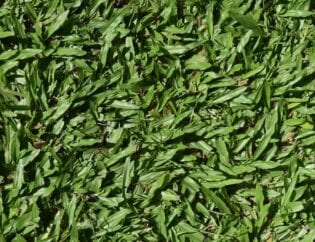
While you might dismiss a water bill that’s a few dollars higher than the previous water bill, that amount could foreshadow a forthcoming bill that is $50 or even $100 higher than normal. Performing a bit of detective work regarding high water bill causes could save you a lot of financial stress in the future.
Consequences of Water Leaks
The Environmental Protection Agency (EPA) reports several stunning statistics about how much water (and money) is wasted due to water leaks:
- The average family of four may waste over 9000 gallons of water each year when leaks are allowed to continue. According to the EPA, that amount of water is used to wash 300+ loads of laundry.
- Running dishwashers only when full can save most households over 300 gallons of water annually.
- Household water leaks waste an estimated 900 billion gallons of water per year. That 900 billion gallons is the approximate water usage of 11 million households in the U.S.
- Up to 50 percent of water used outdoors may be lost due to evaporation, runoff, and wind. The main reason so much outdoor water is wasted is typically attributed to inefficient and improperly installed irrigation systems.
For more detailed information about how much leaks increase water bills, visit the U.S. Department of the Interior’s website to use their drip calculator.
10 (Secretive) High Water Bill Causes
The origin of most hard-to-determine water leaks typically involves one or more of the following:
- Damaged flange and wax ring under the toilet
- Worn-out water supply hoses connected to washing machines
- Corroded water heater tanks
- Dishwasher and refrigerator leaks underneath the units (slow leaks will eventually ruin flooring)
- Deteriorated metal pipe or PVC pipe seals/joints
- Underground water main leaks outside the home
- Water leaks in crawlspaces
- Irrigation system leaks
- Tiny cracks in an outdoor swimming pool’s foundation
Best Tips for Saving Money On Your Water Bill
- Irrigation systems need regular maintenance to prevent wasted water in your landscaping.
- Only run the dishwasher when full.
- Reduce water usage (up to 25 gallons each day) by using faucet aerators.
- Water heaters over 10 years old are probably not working as efficiently as they could be. Replace old water heaters with energy-efficiency water heaters.
- Insulate water heaters and install heat traps (goosenecks) that use thermal convection to reduce water and energy usage.
- Use the washer only to wash FULL loads. Avoid permanent press cycles when possible because they tend to use several more gallons of water to complete the extra rinse cycles.









